 Despite a firm commitment with the Justice Department not to be involved in the day-to-day management of Hulu as a condition of approving Comcast’s merger with NBC/Universal, new revelations suggest Comcast not only promoted the online video service to its partners as a nationwide streaming platform for the cable industry, it also convinced them not to sell the service to a Comcast competitor.
Despite a firm commitment with the Justice Department not to be involved in the day-to-day management of Hulu as a condition of approving Comcast’s merger with NBC/Universal, new revelations suggest Comcast not only promoted the online video service to its partners as a nationwide streaming platform for the cable industry, it also convinced them not to sell the service to a Comcast competitor.
Two years ago, at the 2013 Allen & Co., conference held in the resort community of Sun Valley, Idaho, executives from Walt Disney/ABC, 21st Century Fox, and Comcast privately met to discuss the future of Hulu, the online video service. Hulu’s chief executive, Jason Kilar, had already made it clear he was preparing to leave the venture, possibly foreseeing a likely sale because of ongoing differences between two of Hulu’s three owners over the future direction of the service.
Rupert Murdoch’s FOX wanted Hulu to emphasize Hulu+, its subscription option. Disney/ABC believed Hulu worked best as a free, ad-supported service. Comcast was supposed to stay out of it, required by the Justice Department to be a perpetual silent partner after the cable company inherited a 32% stake in Hulu through its merger with NBC/Universal in 2011.
But a Wall Street Journal report late Tuesday suggested Comcast had far more involvement in critical Hulu business decisions than the Justice Department might have tolerated had it known. Earlier reports over the weekend suggested regulators were focusing on Comcast’s involvement in Hulu, concerned Comcast may have ignored a consent decree and interfered with the sale of Hulu to protect itself from increased competition.
At the time Comcast acquired NBC/Universal, the Justice Department was concerned the cable company would inherit NBC’s one-third interest in Hulu, a potential online video competitor that could eventually fuel cord-cutting. Comcast agreed to “relinquish any veto right or other right to influence, control, or participate in the governance or management of Hulu.” It also agreed to license Comcast/NBC-owned content to Comcast’s competitors on fair terms.
Despite Comcast’s commitment, people familiar with the matter told the Journal Comcast “felt hamstrung” by the conditions it agreed to in the consent decree. Although Comcast spokeswoman Sena Fitzmaurice insisted “Comcast has no role in making, evaluating or reconsidering any management decisions at Hulu,” Comcast executives in attendance at the Sun Valley meetup suggested Hulu was an important part of the cable industry’s future. The “silent partner” allegedly told Hulu’s fellow owners if they didn’t sell the venture, Comcast would make Hulu the nationwide streaming video platform for the industry’s “TV Everywhere” project, turning it into a potential major rival of Netflix.
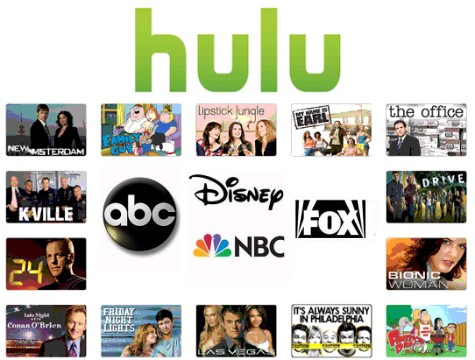
Comcast acquired a 32% ownership interest in Hulu after buying NBC/Universal.
According to sources who had knowledge of the matter, Comcast’s proposal, which would enlarge Hulu significantly almost overnight, influenced Disney and Fox to cancel the sale by the end of the week-long conference. At that point, two of the biggest bidders to acquire Hulu were Comcast rivals DirecTV and AT&T, both seeking to develop online video platforms that could compete with Comcast.
As news spread the Hulu sale was off, a piece in GigaOm made it clear Comcast came away the biggest winner, keeping a potential competing online cable TV video platform at bay:
Buying Hulu would have been more than just a TV Everywhere play for AT&T and DirecTV. It could have been the first step towards an online-based pay-TV subscription, with a solid consumer base, name recognition and proven technology.
Now none of this is going to happen — and Comcast couldn’t be happier about that.
Ultimately, Comcast wasn’t much better fulfilling promises to its Hulu partners than it has managed for its customers. Despite promising to market Hulu to millions of Comcast cable subscribers and integrating the service into Comcast’s own systems, discussions surrounding a formal agreement between the two went nowhere, bogged down by a deal-killing Comcast demand that any viewer accessing Hulu be redirected through Comcast’s own video player and platform, which conveniently provided the cable company with Hulu customer data and gave free exposure to Comcast’s brand. That would make pitching Hulu as an alternative to Comcast next to impossible.
After the threat of a sale was a distant memory, Comcast seemed to lose interest in Hulu, refocusing on its expensive X1 set-top box and XFINITY-branded streaming apps.
To this day, Comcast’s X1 still does not offer subscribers a Hulu app.


 Subscribe
Subscribe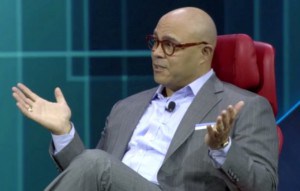
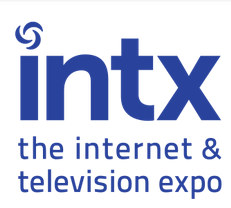 Cable’s bad reputation has come home to roost, allowing everyone to assume the worst and see a need to erect protective fences like Net Neutrality to keep cable companies from capitalizing on new fees for Internet usage.
Cable’s bad reputation has come home to roost, allowing everyone to assume the worst and see a need to erect protective fences like Net Neutrality to keep cable companies from capitalizing on new fees for Internet usage.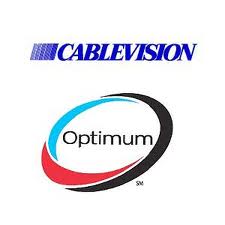 The deal covers the service’s entire catalog of on-demand television shows and movies and will be available to Cablevision broadband customers online and possibly through set-top boxes for traditional cable television customers.
The deal covers the service’s entire catalog of on-demand television shows and movies and will be available to Cablevision broadband customers online and possibly through set-top boxes for traditional cable television customers.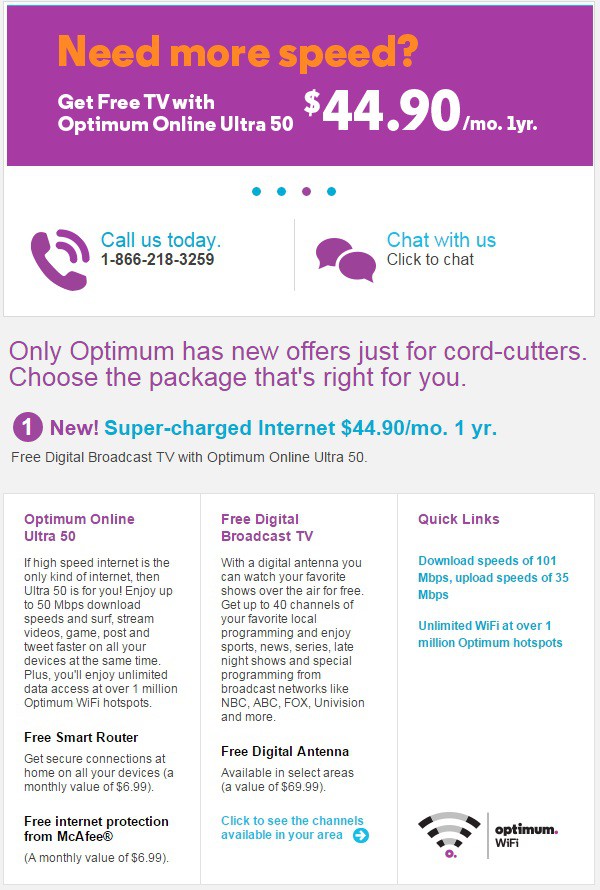
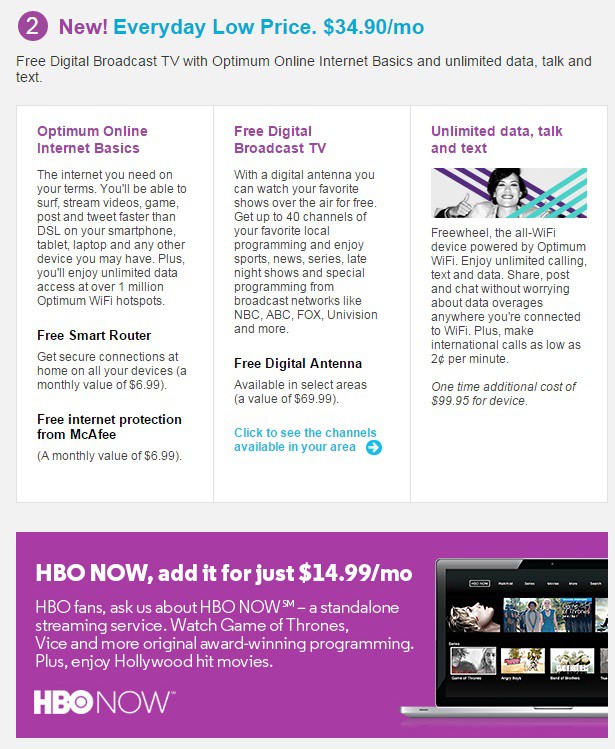

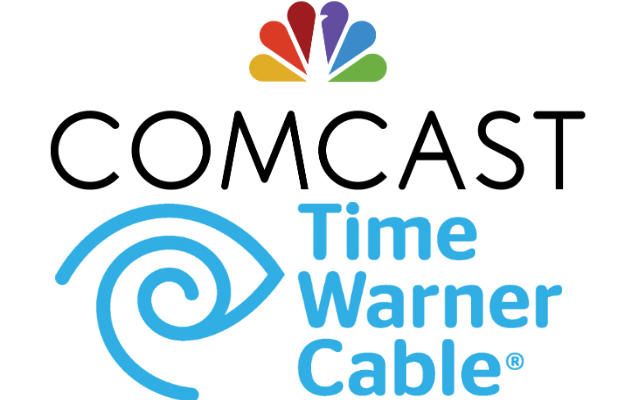 Comcast customer service horror stories reached a level unparalleled by other cable companies when a Comcast
Comcast customer service horror stories reached a level unparalleled by other cable companies when a Comcast  N.Y. State Assembly Leader Joe Morelle: “The combination of Comcast and Time Warner Cable will create a world-class communications, media and technology company to help meet the increasing consumer demand for advanced digital services on multiple devices in homes, workplaces and on-the-go.”
N.Y. State Assembly Leader Joe Morelle: “The combination of Comcast and Time Warner Cable will create a world-class communications, media and technology company to help meet the increasing consumer demand for advanced digital services on multiple devices in homes, workplaces and on-the-go.” David Cohen, executive vice-president, Comcast: “The combination of Comcast and TWC will create a world-class communications, media, and technology company to help meet the insatiable consumer demand for advanced digital services on multiple devices in homes, workplaces, and on-the-go.”
David Cohen, executive vice-president, Comcast: “The combination of Comcast and TWC will create a world-class communications, media, and technology company to help meet the insatiable consumer demand for advanced digital services on multiple devices in homes, workplaces, and on-the-go.”
 The staff at the Federal Communications Commission decided Wednesday to make a non-decision decision regarding the merger of Comcast and Time Warner Cable, and are recommending turning over the matter, including millions of pages of company documents and 14 months of investigative findings to an administrative law judge to sort out.
The staff at the Federal Communications Commission decided Wednesday to make a non-decision decision regarding the merger of Comcast and Time Warner Cable, and are recommending turning over the matter, including millions of pages of company documents and 14 months of investigative findings to an administrative law judge to sort out. “I’d never say anything was 100 percent dead, but this is in the 99 percent category,” Greenfield added. “It’s not every day that you have a transaction that is universally hated by everyone outside of Philadelphia,” where Comcast is based.
“I’d never say anything was 100 percent dead, but this is in the 99 percent category,” Greenfield added. “It’s not every day that you have a transaction that is universally hated by everyone outside of Philadelphia,” where Comcast is based.